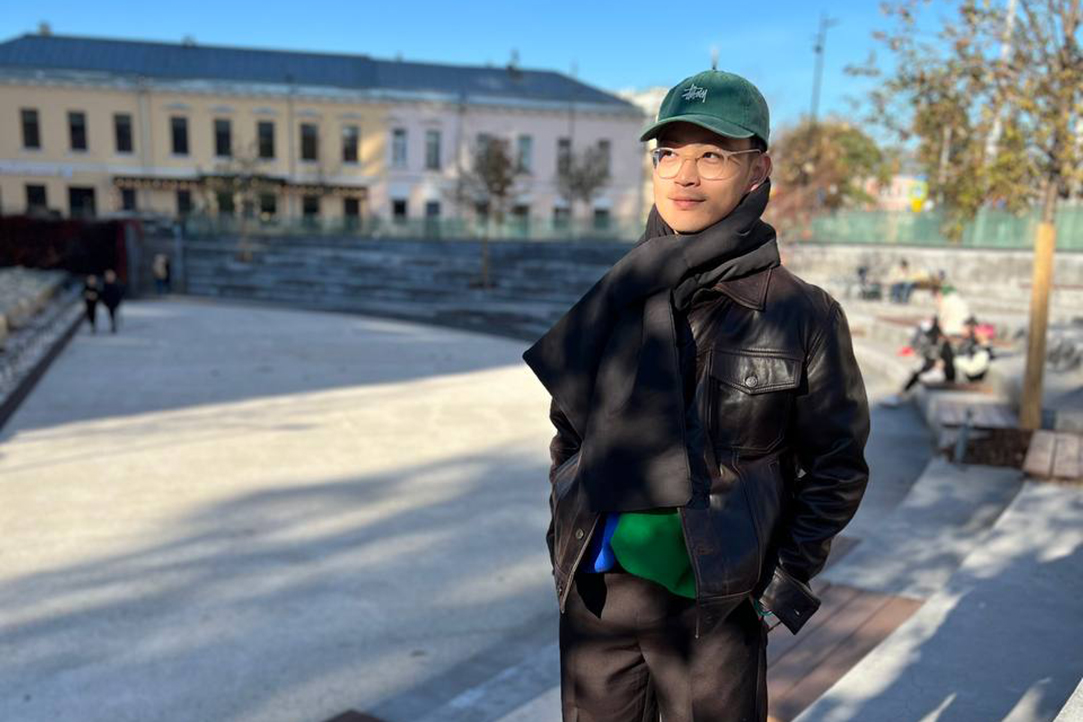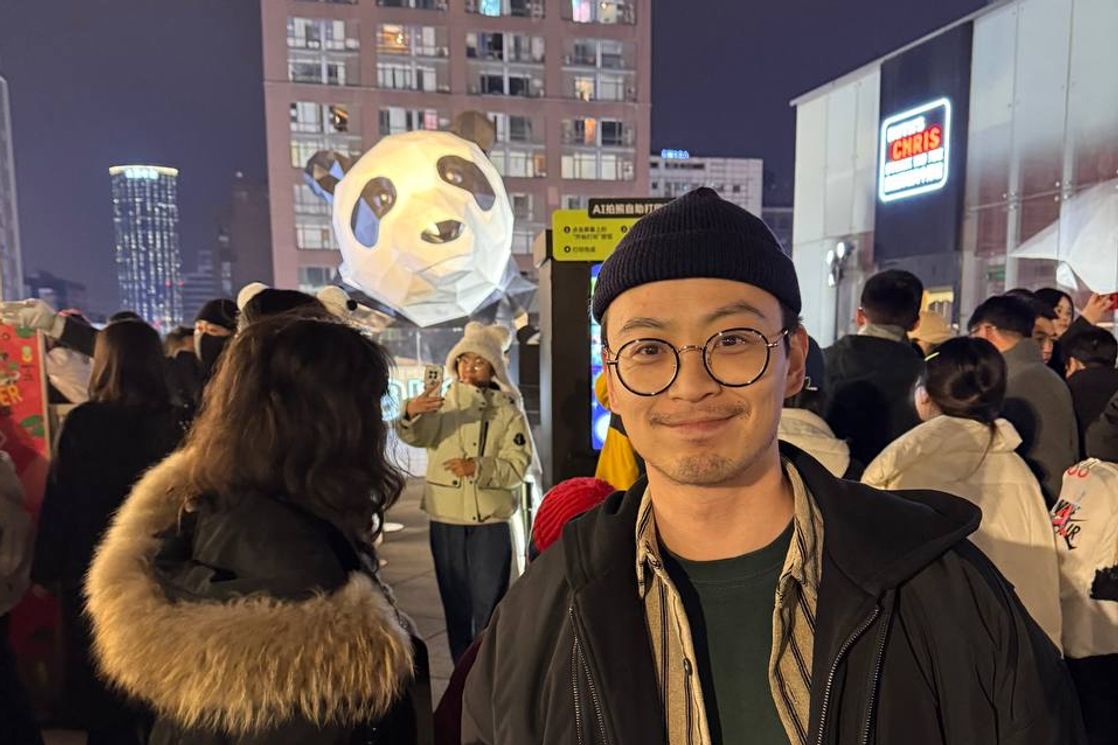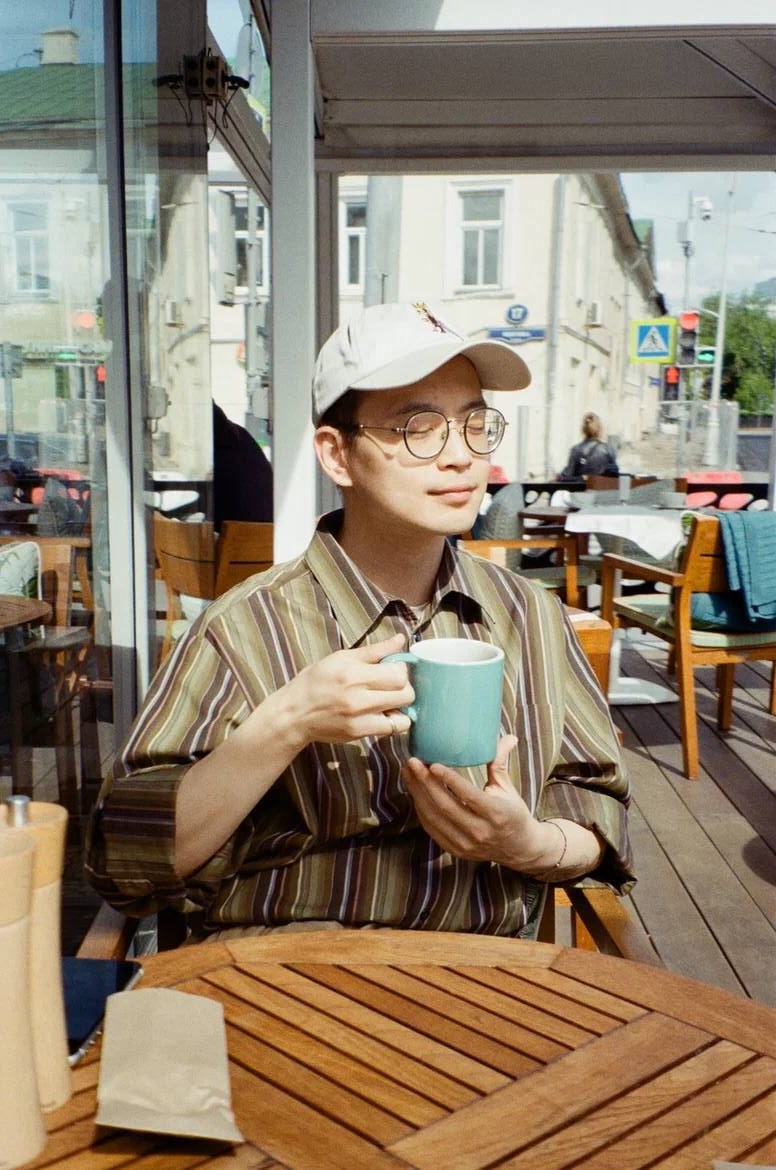‘I Feel Fortunate to Be Part of Such a Dynamic Environment’

Runjie Geng, Assistant Professor at the International College of Economics and Finance, has been at HSE University since 2020. He joined HSE University after obtaining a PhD in Finance at the University of Zurich. Runjie Geng spoke to the HSE University News Service about his research interests, career, and four years of life and work in Moscow.
— How did you end up in Moscow at ICEF HSE? How did you first learn about it?
— I applied for jobs globally and first learned about ICEF through recruitment at the AFA conference (American Finance Association). It is an annual conference where a job market is usually held for all PhDs around the world. ICEF is actually one of the first Russian universities to recruit on that platform.
After the second round of interviews, which took place on campus, I was fortunate enough to receive an offer and decided to move to Moscow.
The campus visit left a great impression on me. The colleagues were wonderful, and Moscow is a vibrant city to live in
— How was your adaptation to life and work in a new environment?
— Adaptation wasn’t a major challenge for me. I enjoy living in big cities, and our university is right in the heart of Moscow, which makes it easy to explore.
I love walking around and discovering great cafes, restaurants, shops, and cultural activities. However, the language barrier has been the most challenging aspect. I’m still working on my Russian, and it’s a bit frustrating that I’m not yet at a higher level. I’m currently preparing for my A2 exam. However, I’m lucky to have found my wife Yulia here in Moscow, and she’s been a great help in situations where I need to communicate in Russian. We got to know each other because she actually did her master’s degree in China and knows about Chinese language and culture.

— You've been working at HSE University for four years. How would you assess these years?
— The experience has been very rewarding. Despite the challenges—such as the global situation post-COVID—we’ve managed to navigate through them successfully.
Our staff has been incredibly dedicated, and I feel fortunate to be part of such a dynamic environment
— Your research focuses on asset pricing, financial economics, behavioural macro-finance, and general equilibrium theory. Have you achieved any notable milestones, such as published papers or conferences?
— I’m happy to say that I published a paper in the Journal of Mathematical Economics in 2023. While I haven’t been able to attend many conferences yet, I have several working papers ready for submission, and I’m aiming to submit them within this semester.
I have several projects nearing completion. One project examines bounded rationality and how minor cognitive biases can influence asset prices. Another explores how collateral constraints affect liquidity during crises. Additionally, I’m working on a paper with a former colleague that investigates the network structure of buyers and sellers and how they interact within these networks.
— How has your teaching experience been?
I really enjoy supervising students because every student brings a unique perspective to their research. I learn a lot from them
I like to have informal, semi-casual conversations about their research topics to keep the enthusiasm up. I think this helps make long-term projects like theses more engaging for everyone involved. As for teaching, the lecture-seminar system is still new to me, and one thing that frustrates me is that many students focus on seminars but rarely attend lectures.
For me, a good student is someone who knows what they want to learn and can articulate their questions clearly, regardless of their past academic performance.
— Cooperation between HSE University and Chinese universities has been growing rapidly. Are you involved in any Russian–Chinese initiatives?
— I’m pleased to see this growth as a Chinese citizen. I’ve contributed by reaching out to Chinese professors and assisting with document translation for some of the joint programmes. However, my contribution has been relatively small. The majority of the work is done by our excellent staff under the guidance of ICEF Director Dr Sergey Yakovlev.
— Could you share some of your favourite places in Moscow for food and entertainment?
— Moscow has a rich variety of dining options, especially around our campus. One trend I’ve noticed recently is the rise of bubble tea culture. You can find some really good bubble tea now, especially at a chain called PIMS (not sponsored).

I would definitely recommend my family and friends to visit Moscow during the summer. Not because winter is long and cold, but because Moscow really comes alive in the summer.
A casual walk through the city, enjoying a cup of coffee outdoors in the sun—those simple things would make anyone happy
For sport, I do indoor bouldering. It is nice for all seasons and there are several good bouldering gyms here in Moscow. I do paintings in my spare time, usually in summer with better natural light.
See also:
‘Each Day Was a Challenge’: How an HSE University–St Petersburg Student Conquered China's ‘Ivy League’
Anastasia Stadnik, fifth-year student of the Bachelor's programme 'Asian and African Studies,' spent an academic year at Nanjing University thanks to the academic mobility programme. In this interview, she shared how studies in China's Ivy League were structured, when students had afternoon nap time, and how one could get a scholarship from the Chinese government.


